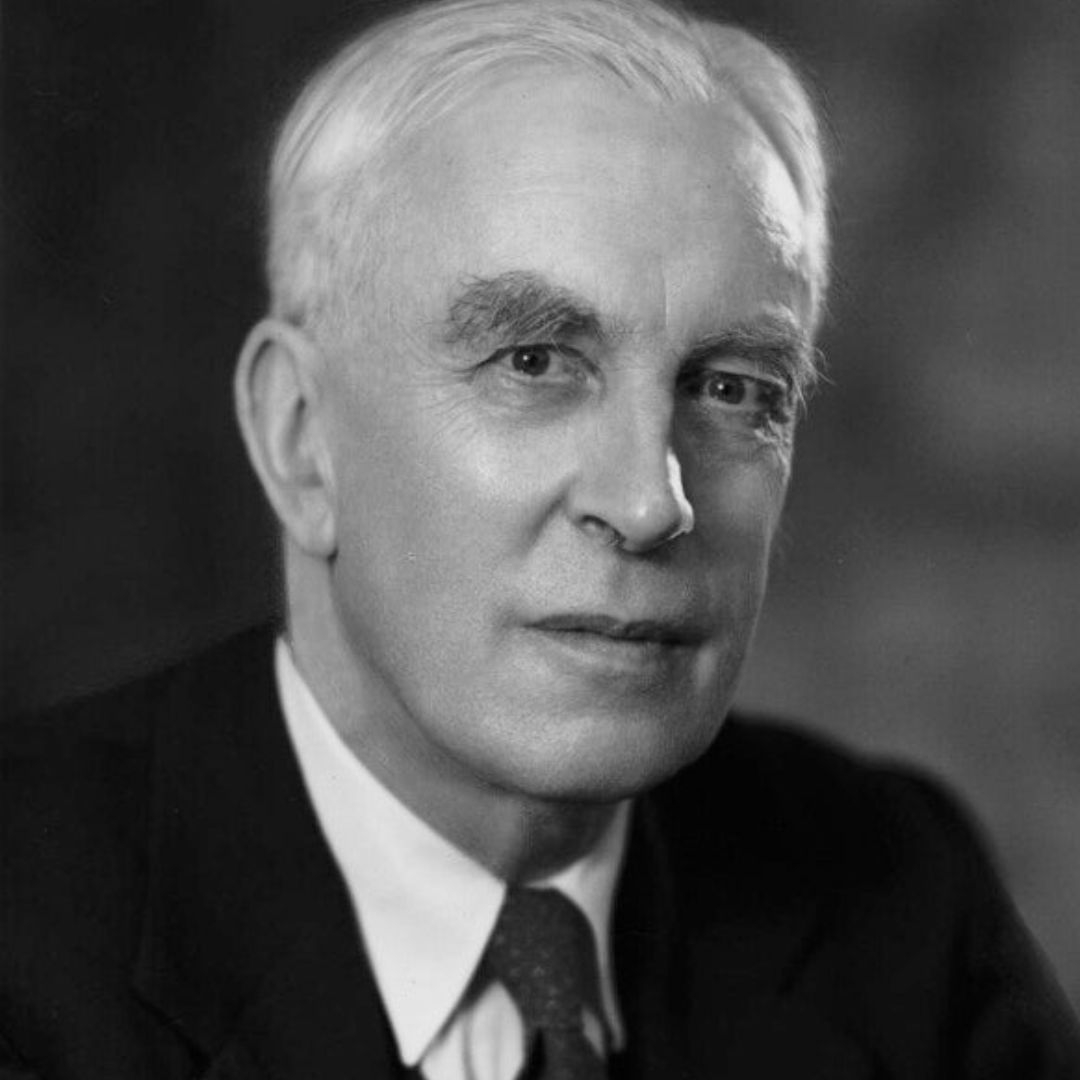Arnold Joseph Toynbee, a British historian who lived from 1889 to 1975, wrote twelve books about the rise and fall of civilisations from 1934 to 1961. He said that it’s not nation-states or ethnic groups that make or break civilisations, but how well they can change.
Toynbee went to school at Winchester and Oxford’s Balliol College. At the 1919 Paris Peace Conference, he spoke for Britain. During both World Wars, he worked for the Foreign Office. He taught Greek and Byzantine history at King’s College London from 1919 to 1924. He was in charge of Oxford University Press’s “The Survey of International Affairs” and began doing study at the Royal Institute of International Affairs in 1925.
His first books were Armenian Atrocities: The Murder of a Nation (1915), Nationality and the War (1915), and Turkey, a Past and a Future (1917). As of 1958, he had written four new books: An Historian’s Approach to Religion (1956), Christianity Among the Religions of the World (1958), and Civilisation on Trial (1948).
Before they split up in 1946, he had three kids with Rosalind Murray. He later married Veronica M. Boulter, who worked as a study assistant. And Toynbee passed away in York in 1975.
Not like Arnold Toynbee, who is Arnold Joseph’s nephew. Arnold Joseph Toynbee, a British historian who worked on the Study of History from 1934 to 1961, wrote about how civilisations rise and fall in cycles. He went to school at Oxford Balliol and Winchester.
During both wars, he worked in the foreign office. Turkey, a Past and a Future (1917), The Armenian Atrocities: The Murder of a Nation (1915), The German Terror in France: An Historical Record, and Nationality and the War are some of the books he wrote. He was a representative to the 1919 Paris Peace Conference.
The late Arnold J. Toynbee taught modern Greek and Byzantine at King’s College, London, from 1919 to 24. Under the royal institute of international affairs, Professor Toynbee was in charge of Oxford University Press’ 1925 Survey of International Affairs. Toynbee became the head and research professor of the Royal Institute of International Affairs in 1925. The British Empire has had foreign relations since 1928.
In his first marriage, he was married to Rosalind Murray and they had three children together. Toynbee married Veronica M. Boulter, who worked as a researcher’s helper. In 1948, Civilisation on Trial came out. Toynbee ran and did study at the Royal Institute of International Affairs until 1955.
A historian’s approach to religion, which came out in 1956 to honour Adam Gifford, had famous talks in it. He read a lot about growth and decline. He liked it when ethnic groups or national governments went up and down. His study shows that overcoming problems is what makes people happy.
From 1957 to 1965, books like Democracy in the Atomic Age, Christianity among the Religions of the World, and Between Niger and Nile came out.
He died in the English city of York in North Yorkshire.
A Study of History
by
Arnold J. Toynbee: Book Review
Arnold J. Toynbee’s masterful A Study of History is one of the most ambitious and thought-provoking historical analyses. The research examines civilisations’ emergence and decline in 12 volumes from 1934 to 1961, providing a comparative view of human history. As a philosopher, Toynbee investigates the patterns that shape societies’ rise and fall.
Central Thesis
Toynbee argues that civilisations flourish and fall according to environmental challenges. Creative civilisations overcome problems, whereas inflexible ones decline. Instead than focussing on nation-states or ethnic groupings, he views civilisations as dynamic entities moulded by spiritual, cultural, and material influences.
Strengths of the Work
Toynbee excels in broad analysis. He finds similarities in the trajectories of over 20 great civilisations, including the Ancient Greeks, Romans, Mayans, Chinese, and Westerners. His multidisciplinary approach, combining history, philosophy, theology, and sociology, enriches the subject.
Toynbee’s “challenge-and-response” method is fascinating. He claims that environmental changes or invasions drive creativity, while creative stasis indicates decline. This approach fits modern resilience and adaptability talks, making A Study of History relevant.
Toynbee’s examination of religion and spirituality in civilisations’ life cycles is also noteworthy. He believes that “universal religions” are essential to the revival of fading civilisations and that spiritual life is essential to society. This perspective enhances historical discourse by addressing moral and cultural aspects of social survival.
Criticisms and Limitations
Criticism of A Study of History has persisted despite its brilliance. Some historians believe Toynbee’s broad generalisations and patterns oversimplify historical events. His cyclical view of history is attractive, yet some find it predictable and ignore randomness and unique conditions.
Toynbee’s spiritual and moral views, albeit perceptive, sometimes seem subjective, especially his preference for religious explanations over practical or political ones. His critics argue that his focus on spiritual decay as a cause of civilisations’ fall marginalises economic upheavals, technological stagnation, and external conquests.
Impact and Legacy
A Study of History is a historiography classic. Toynbee’s great story of civilisation inspired philosophers and political scientists to compare and reflect. His intellectual perspective allowed him to synthesise massive volumes of historical data into a coherent framework, even though his approach differed from modern historiography.
Conclusion
A Study of History by Arnold J. Toynbee is a historical synthesis masterwork that challenges readers to think beyond the box. It raises significant concerns regarding civilisations’ growth and collapse, society’s resilience, and creativity’s role in progress. The book’s ambition and complexity make it necessary for everyone interested in human history, despite its shortcomings. It offers ageless philosophical and historical insights into civilization-defining difficulties.
